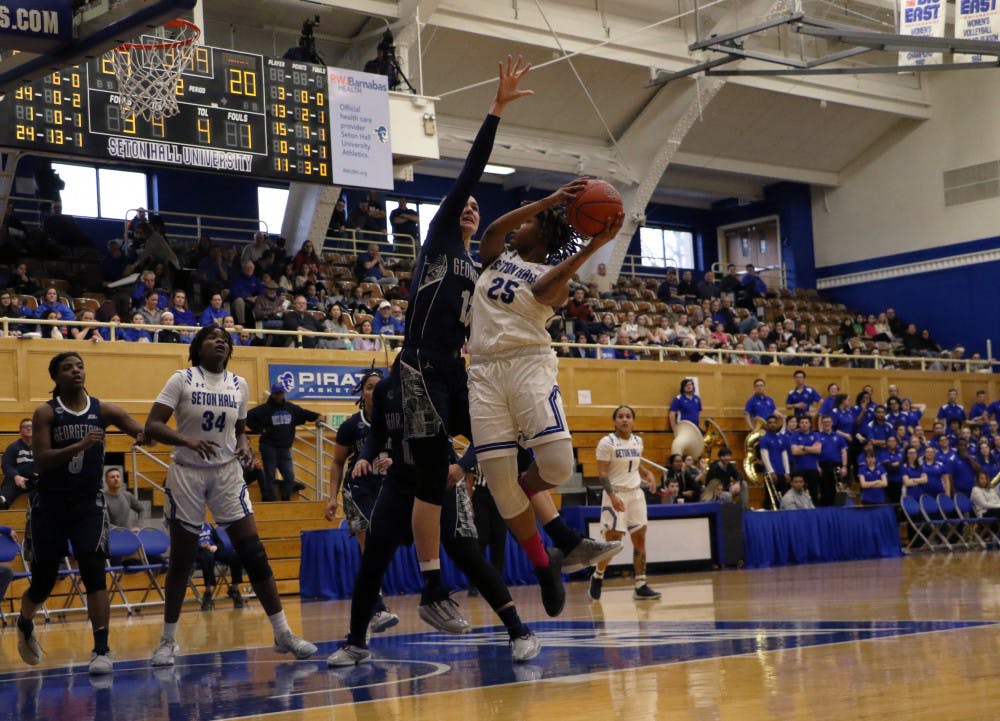Lights, camera, go back in time to the 19th-century and action!
Many popular television shows today feature plenty of action set in the past.
Shows including "Once Upon a Time," "Sleepy Hollow," "Elementary," "Sherlock," "Grimm" and "Dracula" are adaptations of 19th-century literature.
That English novel you tossed aside and forgot to read may be the backstory of your favorite television series.
The popularity of these adaptations is on the rise, and assistant professor of English Dr. Jonathan Farina said it is the glamour of the 1800s that appeals to modern audiences.
"It's the age of steam travel and railroads, and all those things that have become mundane in our lives are still glamorous (in the 1800s)," Farina said.
Graduate student and English professor Katlin Kocher said that the modern audience is attracted to the past as a time of less anxiety, providing an escape from modern society for a short time.
"It's like working back to the past to something that you can't get to now unless you pay to indulge in something like Medieval Times...to be a part of that culture," Kocher said.
Aside from the desire to experience 19th-century culture, some experts say aspects of this century are still prevalent today.
"I think there are ways in which the kind of story, the shape of the story, the concerns of the story and the concept of the self or the individual are sufficiently closely related to our versions of those things... so that we find them attractive, comfortable and compelling," said Dr. Karen Gevirtz, an associate professor of English and co-director of women and gender studies program.
Although the shows are adapted from previous works, Farina said, originality is key.
"(Good adaptations don't) literally try to reproduce the novel, but interpret it," Farina said.
By doing so, Farina said, the overall vibe, intention and attitude of the novel is better delivered.
Gevirtz said she does not object to modernizing, but she shakes her head when adaptors claim to have a better grip on the author's vision than the author.
"(An adaptation) has its own integrity, even if aspects of its meaning depend on another text," Gevirtz said.
Michelle Foti can be reached at michelle.foti@student.shu.edu.





